Efforts underway in Somerville area Head Starts to empower parents and increase healthy behaviors
Press Release
September 15th, 2016 – Somerville/Cambridge, MA
The Department of Nutrition at the Harvard T.H. Chan School of Public Health has been awarded a $3 million grant from the National Institutes of Health to implement the Communities for Healthy Living program in Head Start programs in Boston, Cambridge, and Somerville over the next 5 years. This novel program engages Head Start parents and staff as co-leaders to build parent self-advocacy and life skills and promotes healthy diet, physical activity and sleep behaviors in children, which are the keys to optimal, lifelong health.
The Communities for Healthy Living program, led by Kirsten K. Davison, the Donald and Sue Pritzker Associate Professor in Nutrition and Associate Professor in Social and Behavioral Sciences, was developed and pilot tested in Albany, NY by Davison and her colleague, Janine Jurkowski. Preliminary evidence from the pilot study showed improvements in parent empowerment and a decrease in the percentage of children that are overweight or obese. The new funding will allow Davison and her research team of Head Start collaborators to adapt the program to meet the needs of families in the Greater Boston area and rigorously test its effectiveness using a randomized controlled trial.
“This funding presents an exciting opportunity to rigorously test a unique health program that was co-designed with Head Start parents and staff to ensure it meets the needs of the Head Start community, builds on existing resources within Head Start and across these communities, and which can be sustained within the existing infrastructure of Head Start following the completion of the study,” said Davison.
The Community Action Agency of Somerville (CAAS) and Action for Boston Community Development (ABCD) are Harvard Chan’s two partnering community agencies on the project, and each will play a significant role as collaborative research leaders in the development and execution of the project.
“Participating in this collaborative process has already resulted in direct benefits to our program, families and ultimately our community,” said Matthew Kardonsky, former Health Specialist at CAAS Head Start, and former site-PI for the Communities for Healthy Living project. “The CAAS Head Start program has historically been a pioneer in both the fields of Early Education and Family Empowerment. This collaboration has sparked a level of engagement and excitement within CAAS Head Start staff, families, and community partners that has resulted in new levels of programmatic engagement. We could not be more proud to be involved in a project that puts families in the driver’s seat of creating a curriculum that will result in positive behavior change.”
Sonia Carter, Nutrition Coordinator at ABCD Head Start, and a second site-PI for the project, also appreciates the project’s innovative approach to helping parents create a healthy lifestyle. “One of the most exciting and invigorative aspects of the grant is the Community Advisory Board (CAB). Parents, staff, and community partners make up this board,” said Carter. “As CAB members, parents are developing their leadership, facilitation, and advocacy skills as they create the modules that they will eventually co-lead with Head Start staff. This speaks to the tremendous impact this model will eventually have on the healthy growth of our children.”
Co-investigators on the project include Janine Jurkowski, associate professor of health policy, management, & behavior at the University at Albany; Sebastien Hanuese, associate professor in the Department of Biostatistics at the Harvard Chan School, and Elsie Taveras, director of pediatric population health management at the Massachusetts General Hospital for Children.
Over the next 5 years of this program, Head Start parents, staff, and the Harvard research team will collaboratively adapt the parent empowerment curriculum for the diverse range of families served by CAAS and ABCD, test its effectiveness, and, in the end, create a curriculum that can be used by Head Start centers across the nation.
